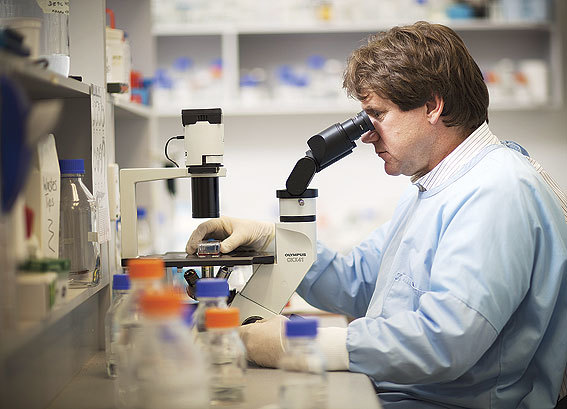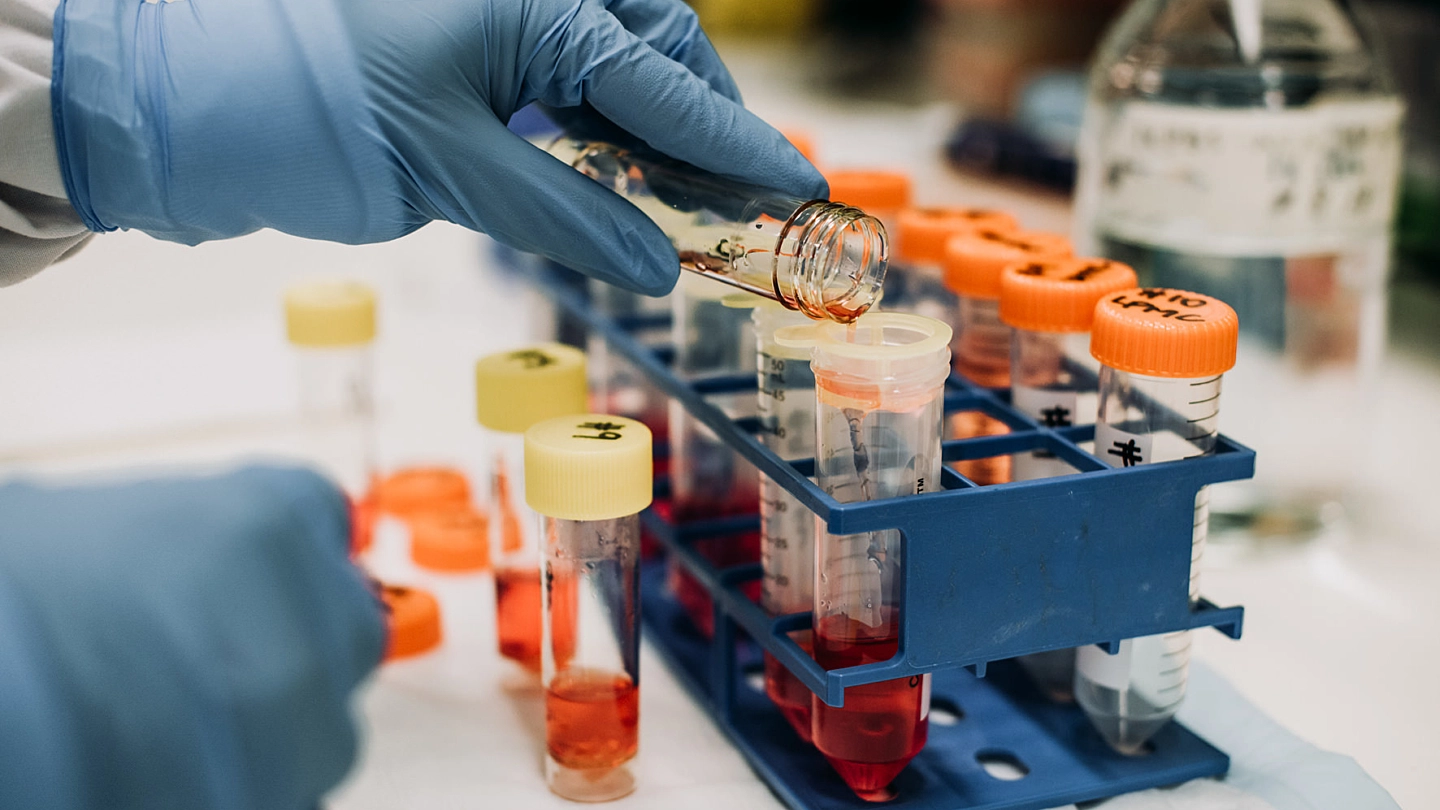Stroke is the most common neurological disease, afflicting around 60,000 Australians each year. It is the nation's number three cause of death and the leading cause of adult disability.

The Stroke Research Group researches genetic and proteomic factors that affect the risk of stroke and transient ischaemic attack (TIA – an early marker of stoke) and also the progress of stroke.
The group links internationally with the International Stroke Genetics Collaborative and the Australian Stroke Genetics Collaborative. This includes investigation of the cellular and molecular therapeutic application of adult stem cells and the Npas4 gene, which is involved in neurogenesis and inflammation in the brain following stroke.
The group investigates dental pulp stem cells (DPSC) as a model to help repair the brain following a stroke. This has promising potential for translational research and the work could provide a very useful tool for future neural regenerative therapies in the medical field.
The team also investigates the reprogramming of DPSC to neural stem cells (NSCs) that can give rise to the main cell types of the central nervous system. This is because NSCs could be used in stem cell-based therapies for neurological diseases, including stroke, to repair the nervous system. The team is analysing the effect of these reprogrammed cells in animal models to determine whether induced NSCs have the potential to integrate and improve functional recovery.
Researchers in the Stroke Research group also study plasma proteins for biomarkers that could be useful in diagnosing TIA. Rapid identification of TIA may allow early therapy to reduce the risk of subsequent stroke.

